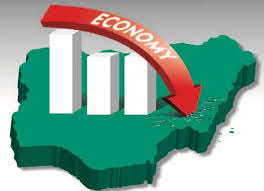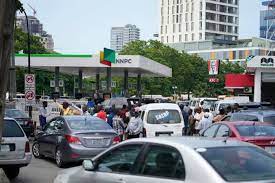The closure of Nigerians’ borders with e ignoring countries have driven food inflation to its highest since 2016. Analysts further warned that, the increase in Value Added Tax (VAT) might drive it further this, giving the Central Bank of Nigeria (CBN) more headache as regard to price stability.
Analysts at Afrinvest said, “although the moderation in month-on-month (m/m) inflation in December could indicate easing food price pressures, the level recorded in the food basket was still the highest in the months of December since 2016” .
They warned that, it would be premature to suggest that the impact of the border closure on prices is thinning.
“In the immediate term, we foresee sustained pressure on consumer prices on the back of the extended land border closure and the increase in VAT rate to 7.5per cent from 5.0 per cent, for which implementation is expected to start February 2020.
However, early implementation of the new VAT increase by some companies means that consumers could start to see the impact from January 2020 numbers. In the short-term, the upward review of electricity tariff and the onset of planting activities are downside risk factors to inflation.
On a related note, the food index rose slower on a monthly basis by 1.0 per cent from 1.3 per cent in the previous month. However, there was a sharp increase in food inflation to 14.7 per cent in December from 14.5 per cent, the highest since April 2018.
We attribute the notable rise in food inflation to a weak base and the ongoing land border closure with neighboring countries”, they added.
“Meanwhile, imported food inflation rose 4bps to 16.0 per cent as the m/m increase remained unchanged at 1.3 per cent, although still elevated. On the flip side, only the core index rose faster on a monthly basis with a 2bps m/m increase to 0.8 percent. As a result, core inflation advanced to 9.3 per cent year-on-year (y/y)from 9.0 per cent in the previous month”, said Afrinvest.



